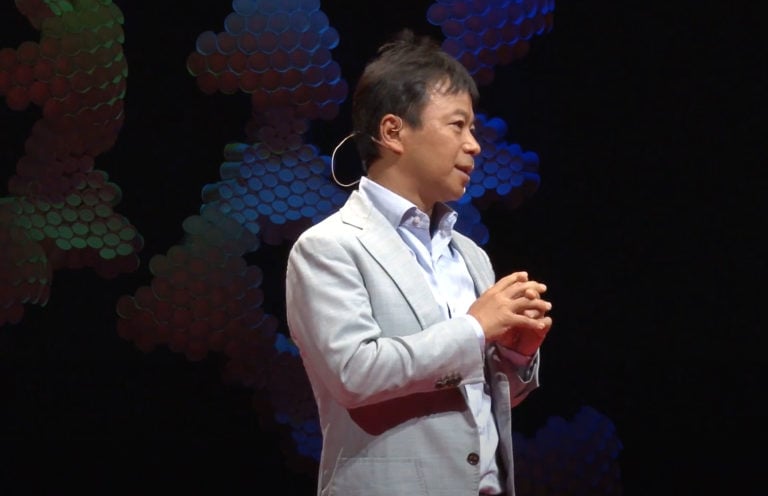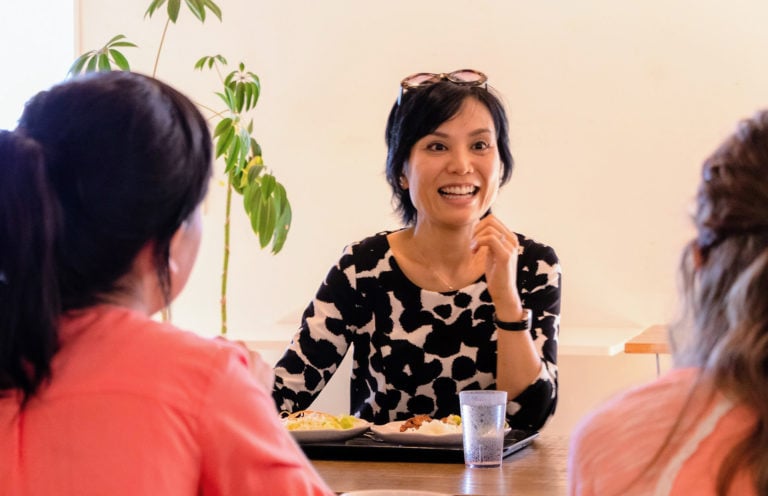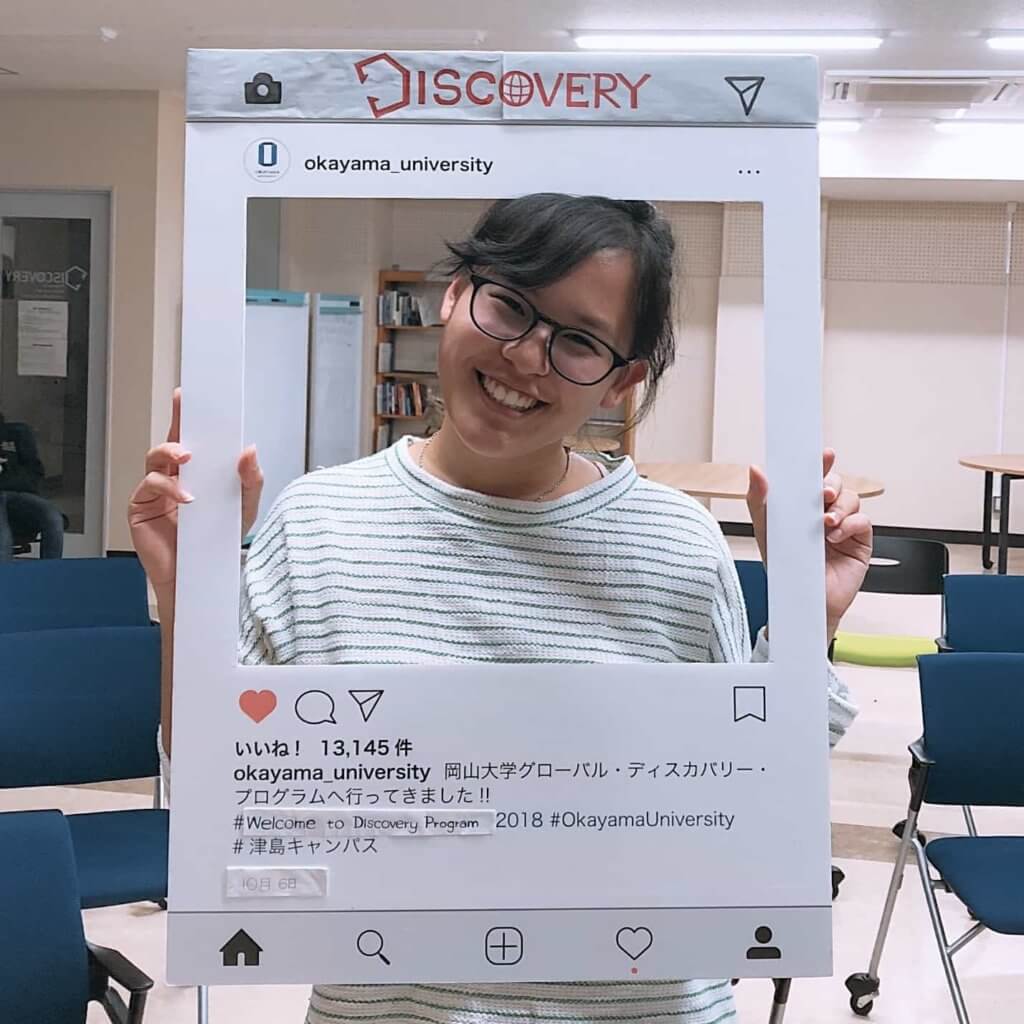
With the beginning of the new year, in this edition of the Alumni Newsletter, we present you PanPan (Class of 2017, Thailand), interviewed by AJ (Class of 2018, India). PanPan is currently studying Social Innovation and Entrepreneurship in a liberal arts program known as Discovery Program for Global Learners at Okayama University in Japan. In the following interview, PanPan reveals how she feels about being a part of the inaugural Class of 2017 and how she is actively practising her leadership being the Chairperson of the events committee in the Student Association of the Global Discovery Program.
Tell us about how you ended up studying in Okayama, and what activities you are currently involved in.
When I first came to Okayama, I instantly fell in love with it. I love how the city is medium-sized, so it is easy to travel around, often on bicycles. When I first met the teachers in the program, I found them to be extremely passionate about growing this program together with the students, by striving hard to tailor the program according to our academic needs. They often remind me of the vibe four years back when ISAK had just started, as we are also the inaugural batch of this program at Okayama University.
Regarding what I am studying right now, I’ve always had an interest in the social sciences and particularly helping other people, volunteering, and doing business that can benefit the society. I wanted to pursue it as my career and was fortunate enough to receive funding as a part of the Nippon Foundation scholarship to continue my studies in Japan, and now I’m here! Currently, I’m a part of the TEDxOkayama University Club, as I believe that TEDx is a really important channel to globalize universities. My university also chairs the UNESCO Sustainable Development Goals in the Asia-Pacific Region, and with TEDx our club envisions to be the stage for expressing the efforts the university has contributed towards these goals.
Do you have any specific examples of how what you learned at ISAK led to what you are doing now or planning to do in the future?
There are many moments in ISAK that I value, and one of the highlights has been CAS. CAS at that time was quite flexible, and this meant more room to explore different activities. This flexibility helped me discover what suits me best as a leader and also helped me develop appreciation for different types of leadership. It made me aware of how different people can react to the same thing differently. I am also the Chairperson of the events committee in the Student Association of the Global Discovery Program, and as a leader, I overlook a lot of responsibilities. When working with my team, I strive to give my team-members space for them to grow and value what they have to offer. Now I have realized what supporting others in their practice of leadership really is! I think this is a very important part of leadership that I took away from my experience at ISAK, where I was well supported as a growing leader.
How has residential life at ISAK helped college life now?
Residential life at my university is pretty similar to ISAK, where students from different backgrounds are put together in a room for a year. When you travel to a new country, you are bound to get a cultural shock, and in ISAK I went through this stage of cultural shocks already, which helped me adapt faster to the residential life at Okayama University. ISAK’s residential life also taught me to deal with people and make mistakes so that in university I was able to learn from my prior experiences and improve my living conditions.
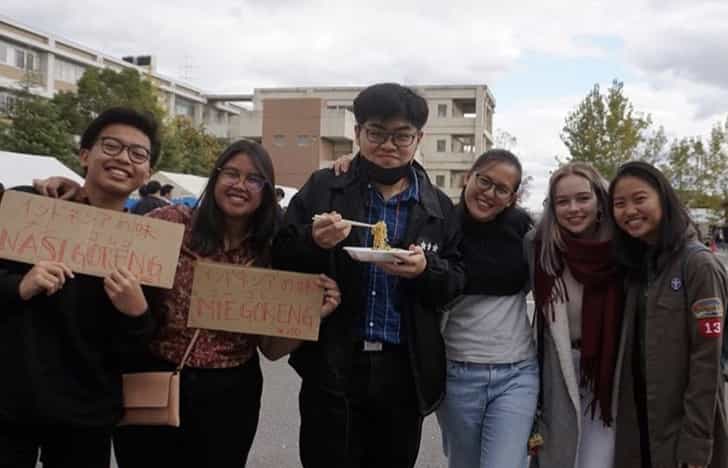
Is there any change in parental perception of you before and after ISAK?
I think my parents treat me more like an adult after three years at ISAK. Right now they respect my values and my thinking, and they accept my reasoning, as now I think they know that I am logically grounded. I have the opportunity to become more mature now that I have to deal with things myself, and that is something that makes them feel that I am responsible. I feel that in the end they just want to see their kids grow up to be mature and to have their own principles in life.
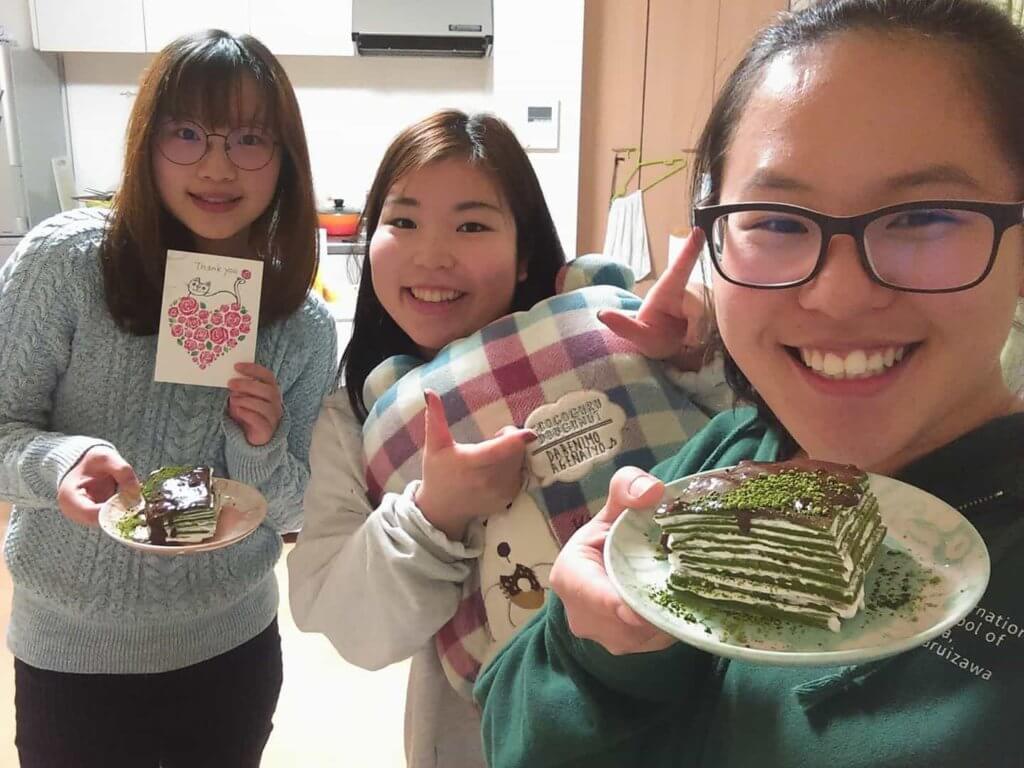
As a member of the first graduates, what are your thoughts on your experience in building ISAK?
I felt very honoured to be a part of the class that helped craft the Design Innovation classes, CAS, advisory system, etc. I felt that it was very important to keep the spirit of ISAK alive, despite the changes in the curriculum according to different academic needs. I personally contributed to the Guest Speaker Committee, and recall how it began so casually, with the idea of bringing in present change makers who are actually contributing to society to share their stories, challenges, and successes with the ISAK community. We believed that having this stage was an important manifestation for us as a collective to learn and incorporate the values the guest speakers would bring.
What does ISAK mean to you?
ISAK is like a mini simulated world of what reality is! It is a place where I learnt two different types of leadership: how to lead a team, and how to lead myself. It is also a place where I felt like the whole world was in my hand, in terms of life-long friendships I got to cherish. My best friends are from Nepal and Tajikistan, and I would never have imagined having international connections, and I am really happy about that. In addition, I really love just learning more about different cultures, I like seeing the different particularities of varied cultures. ISAK is also a place where I was well fed! I loved the snack-time croissants and how everybody rushed to the Asama Building. I also love how I was close to nature throughout the academic year, and I could see the change of seasons and it was all so philosophical!
Anything else that you want the ISAK community members to know?
I feel like we should appreciate and learn to accept the differences of each person and to understand that every person is coming from a different background. We should also try not to centre things around ourselves, and try to get to know the good and the bad, rather than being stuck into our own shoes.
